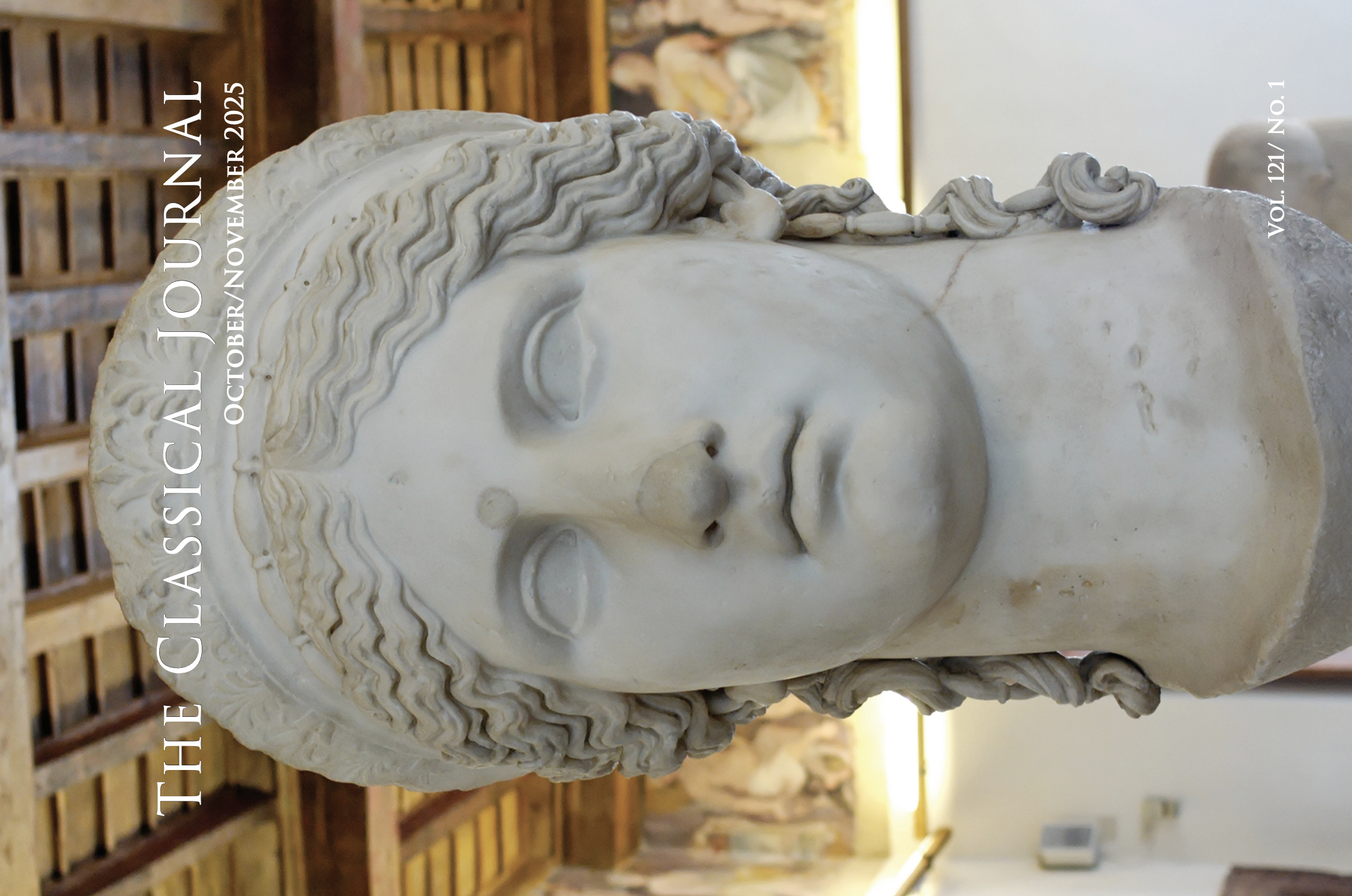Renaissance thought, as well as its intertwined reception of classical texts, generally receives little interest in either Classics or Philosophy departments. In this article, I outline my experiences teaching Renaissance philosophy in the format of a survey course treating a broad range of thinkers (e.g., Ficino, Della Mirandola, Machiavelli) and themes (e.g., “mirror for princes”, myth of Venice), examine the available materials and consider the student learning outcomes underpinning such a course. By evaluating the skill set that students acquire from such a course which could enrich their study of classical antiquity, I argue for a more widespread adoption of Renaissance thought on the undergraduate Classics curriculum and suggest how such a course might be implemented.
INTRODUCING RENAISSANCE PHILOSOPHY TO THE UNDERGRADUATE (CLASSICS) CURRICULUM
Issue to which the article belongs:
117.2
Position in issue's running order (enter any integer):
4
Abstract of Article:


